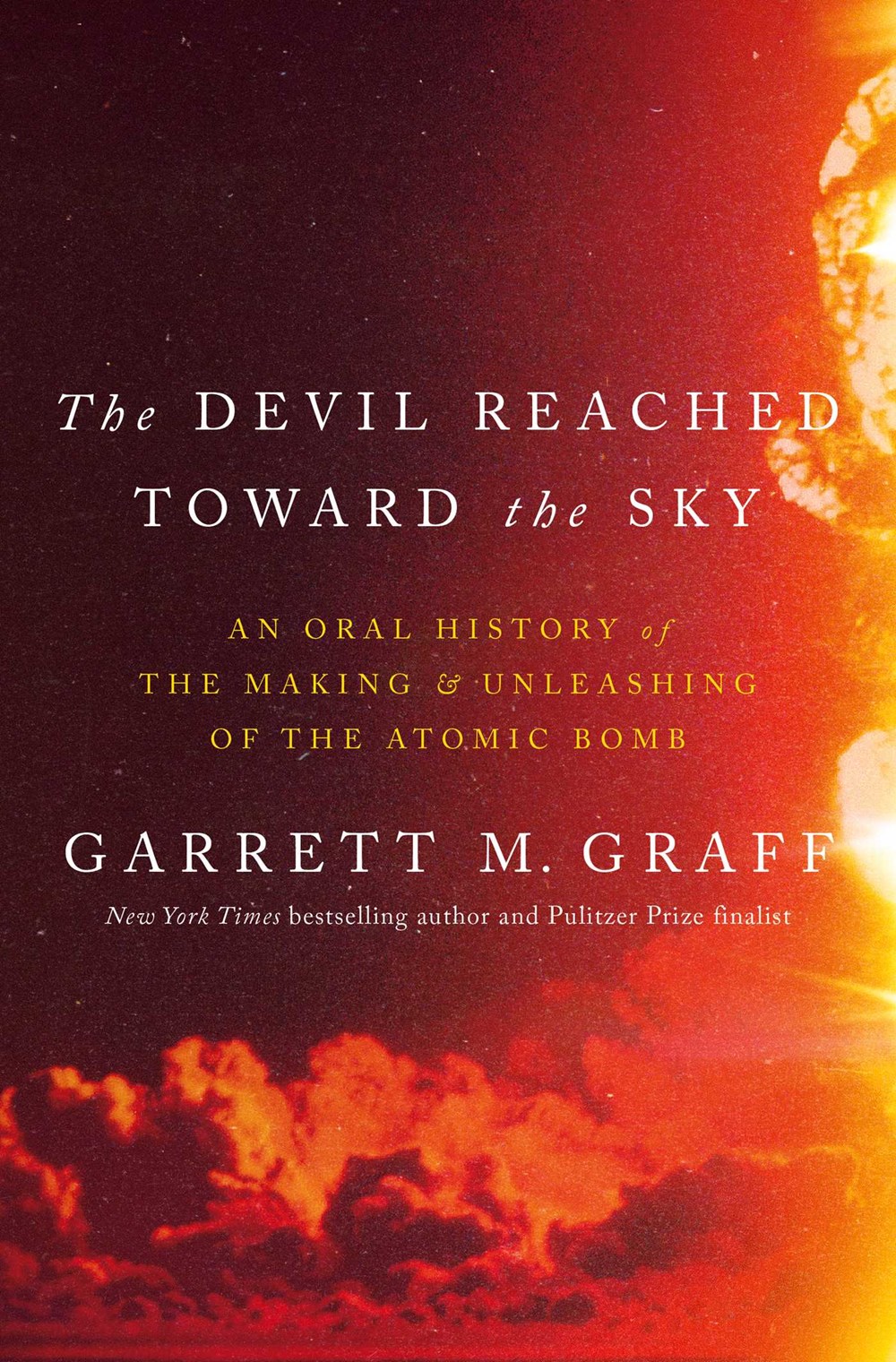J. Robert Oppenheimer: We knew the world would not be the same. A few people laughed, a few people cried. Most people were silent. I remembered the line from the Hindu scripture, the Bhagavad-Gita; Vishnu [a principal Hindu deity] is trying to persuade the prince that he should do his duty, and to impress him, takes on his multi-armed form and says, “Now I have become death, the destroyer of the worlds.” I suppose we all thought that, one way or another.
Charles L. Critchfield: That famous saying that Oppenheimer made when the bomb finally went off—“I have become death, the shatterer of worlds.”—it’s always said that it’s a quotation from the Gita, but of course it isn’t, because it’s in English. I looked through these three volumes of Gitas for that line and it’s there. But it’s very different from the way Robert says it. Chapter 11 is called “The Book of the Manifesting of the One and Manifold.” In Verse 12 of that chapter, it says, “If a thousand suns should at once blaze up in the sky, the light of that mighty soul would be all their brightness”—the “mighty soul” being God, of course. In Verse 31 of that chapter, the soldier Arjuna says, “Tell me, you awful form, who are you?” Krishna says, “I am time, destroyer of worlds.” The word “time” is the Sanskrit word “karma,” which is used in a sense that means “Father Time” and, therefore, can be associated with death and with the Supreme Deity. I suspect Robert made up his own [translation] because he read Sanskrit. I wouldn’t put it past him to have rehearsed this saying so that he’d be prepared to be dramatic, because he liked to be dramatic.
#misquote
See tagged statuses in the local Kirjakasa community

